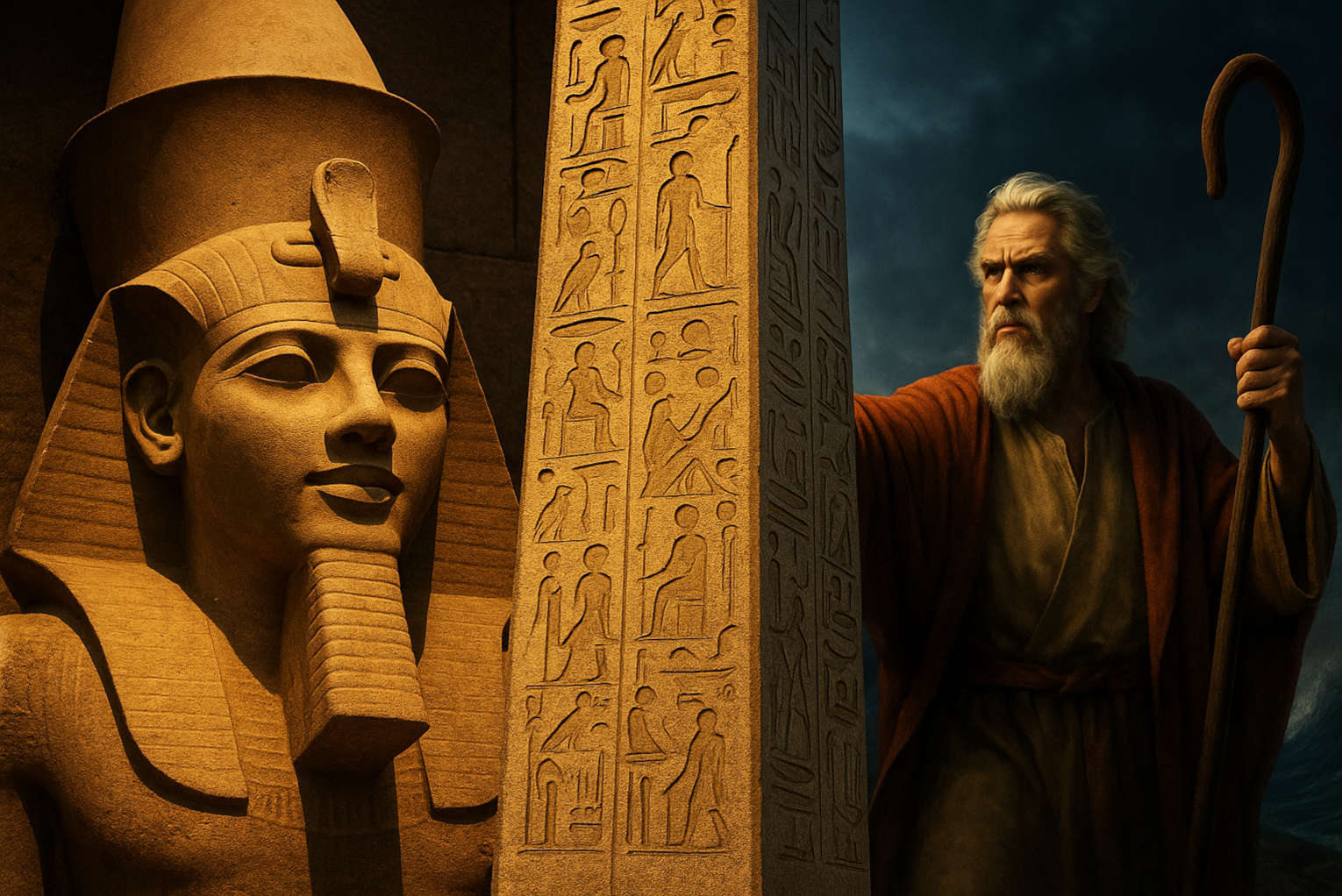A new discovery on a 3,300-year-old obelisk in Paris has stirred fresh interest in one of the Bible’s most enduring figures — the pharaoh of Exodus — and it’s another powerful example of how archaeology continues to affirm Scripture.
Jean-Guillaume Olette-Pelletier, an Egyptologist from Paris-Sorbonne University and Institut Catholique de Paris, identified cryptic inscriptions on the ancient monument in Place de la Concorde. The messages were carved in honor of Ramesses II, the powerful Egyptian ruler many scholars believe is the unnamed pharaoh who defied Moses in the book of Exodus.
Breaking News. Spirit-Filled Stories. Subscribe to Charisma on YouTube now!
Olette-Pelletier told Fox News Digital the hieroglyphs are “propaganda texts,” designed to reinforce Ramesses II’s divine legitimacy. “The obelisk also contains hidden texts that show the nobility that he is a legitimate and divine king, thus averting a possible coup d’état,” he said.
The inscriptions — seven in total — were encoded messages to Egypt’s ruling class, affirming Ramesses’ divine favor and political strength. “It was a message from Ramesses II to the nobility,” Olette-Pelletier explained. These messages “underlined his divine knowledge” and declared him “provider of the Nile flood and thus of the country’s wealth.”
Why does this matter? Because once again, ancient history is catching up with the Bible. The book of Exodus never names the pharaoh who enslaved Israel and challenged God through Moses. But the growing body of evidence tied to Ramesses II — including swords, temples and now cryptic political messaging on public monuments — continues to bolster the biblical account’s credibility.
Ramesses’ need to validate his divine status also mirrors the insecurity of a man confronted by the power of the God of Israel. Olette-Pelletier noted, “[Ramesses II] spent the first two years of his reign emphasizing his divinity…by paying homage at Egypt’s great shrines, and by buying priests.”
It’s hard not to draw a connection between this need for religious validation and the biblical narrative in which Pharaoh refuses to acknowledge God’s authority, hardens his heart and leads Egypt into judgment.
Join Charisma Magazine Online to follow everything the Holy Spirit is doing around the world!
Time and time again, archaeology affirms what Scripture has already told us. From ancient swords to coded royal messages, these discoveries serve as reminders that the Bible is not just a book of faith — it’s a record of truth rooted in time, place and history.
And as more stones continue to cry out, the world is left with fewer excuses to ignore them.
James Lasher is staff writer for Charisma Media.

